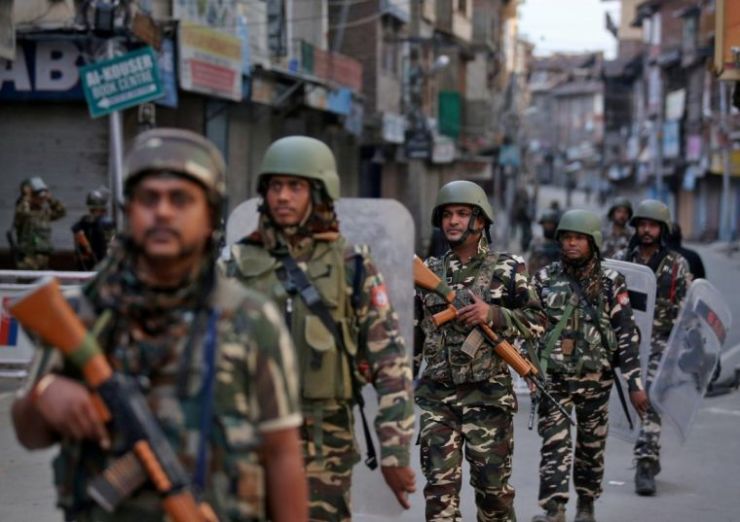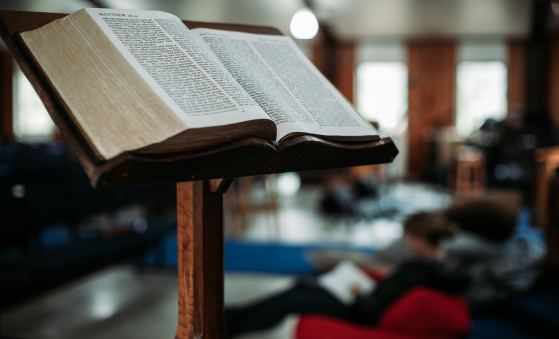
After the revocation of Kashmir's special status, Christians in the region are fearful that the change will lead to a wave of Hindu nationalism and with it, an increase in persecution.
Before the Indian government revoked Article 370 of the Indian Constitution last week, the Muslim-majority region had enjoyed special autonomous status, with its own flag, separate constitution and internal administration.
Revoking Article 370 was part of the 2019 election manifesto of the ruling Hindu nationalist Bharatiya Janata Party (BJP).
Many Christians in Kashmir are former Muslims who face pressure within their communities because of their conversion. Now they fear that they will see an increase in persecution under a Hindu nationalist agenda, Open Doors reports.
There are also concerns that the anti-conversion laws that have made life increasingly difficult for India's Christians will now be applied to Kashmir.
The laws have been introduced to several Indian states and effectively make it a crime for individuals to convert from the Hindu faith to Christianity, or to seek to persuade Hindus to change their faith.
Hindu radicals are calling to impose the anti-conversion legislation at the national level.
Dr Matthew Rees from Open Doors said: "The tensions in Kashmir are very worrying for religious minorities across India and particularly for those living in Kashmir.
"This includes the local Christian population, many of whom are from a Muslim background and already experiencing severe pressure from their community.
"Sources in Kashmir have told Open Doors that they are concerned that this latest development will increase the already high levels of fear amongst the minority communities in the Kashmir.
"The events in the region make it very clear that no minority in India can expect any level of special protection."
Last month, 49 high profile figures from the country's entertainment industry signed an open letter decrying attacks on religious minorities.
The letter cited figures from the National Crime Records Bureau showing that 254 religious identity-based hate crimes were reported between 2009 and 2018, with the Citizens' Religious Hate-Crime Watch stating that Muslims were victims in 62% of the cases, while Christians accounted for 14%.
The letter went on to add that 90% of these attacks had been reported after May 2014, when the BJP government assumed power nationally.
"What action has actually been taken against the perpetrators?" the letter reads, adding that the perpetrators should be punished "swiftly".
"No citizen should have to live in fear in his/her own country," it states.
Signatories included singer Shubha Mudgal, filmmakers Shyam Benegal and Anurag Kashyap, and actress Konkona Sen Sharma.
Open Doors said the figures detailed in the letter were "much lower" than the number of incidents that have been reported by Christians in India.
"However the letter still has much significance since it has been signed by some of the most renowned film-makers and activists of India," said the organisation, which supports persecuted Christians.
India is ranked number 10 on the Open Doors World Watch List of the top 50 countries where it is most difficult to be a Christian. India is home to around 64 million Christians, less than five per cent of the population.


